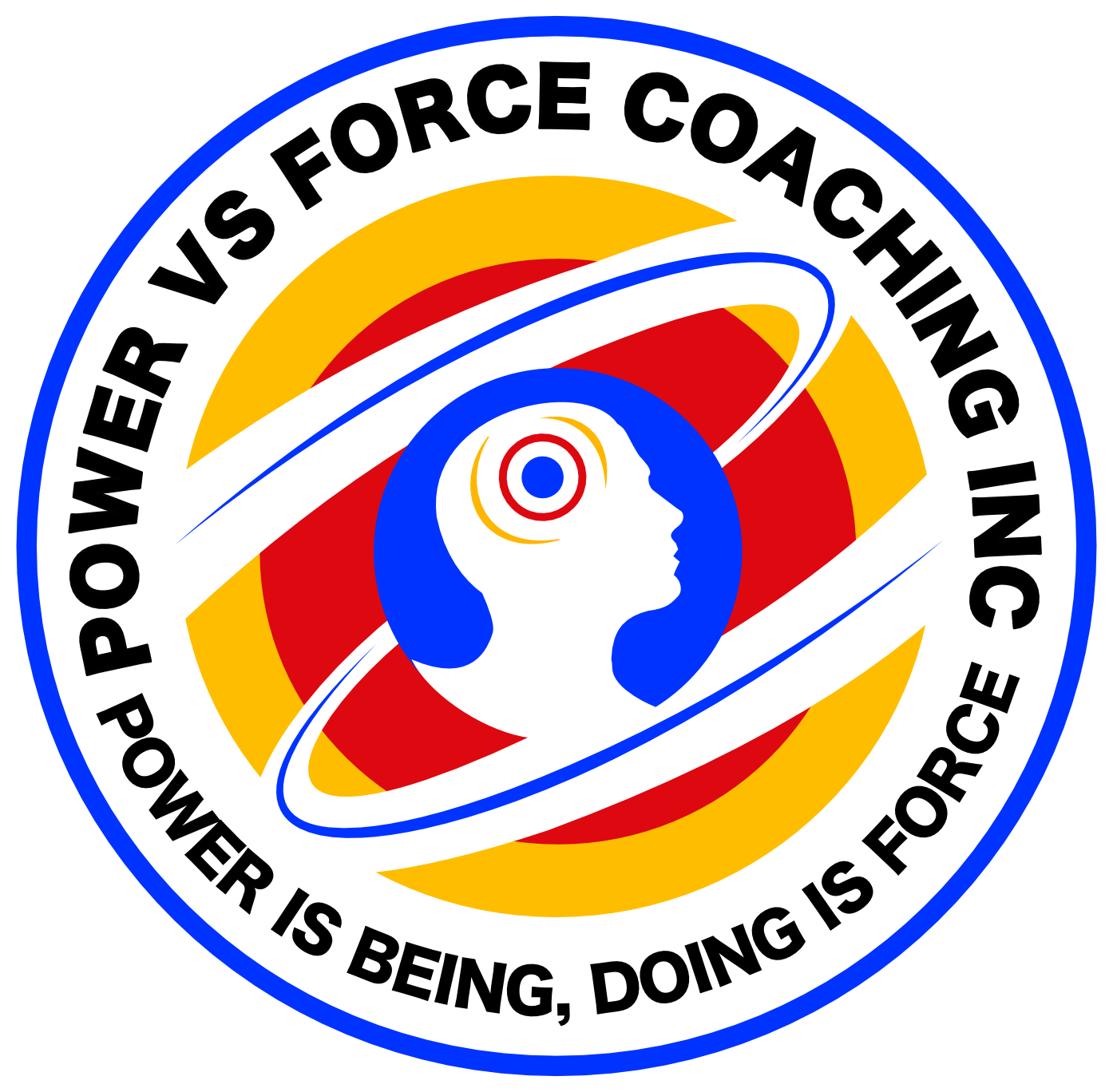As a hockey player, your performance on the ice is the result of many factors, including physical skill, mental toughness, and emotional resilience. One of the keys to success in hockey, and in any area of life, is to focus on the process, rather than being attached to the outcome. As a COR.E Performance Dynamics Specialist, I know that this approach can help you to optimize your performance, achieve your goals, and find greater fulfillment in your hockey journey.
Here are some reasons why being in the process is more effective than being attached to an outcome as a hockey player:
- Process over outcome promotes better goal setting.
When you focus solely on the outcome, you may miss the crucial steps that lead up to it. This can lead to unrealistic goals or an overemphasis on the result, which can be demotivating and disheartening.
By focusing on the process, you can set clear, realistic, and attainable goals that reflect the progress you make along the way. This not only helps you stay motivated and engaged, but also enables you to break down your goals into manageable steps, so that you can track your progress and celebrate your successes along the way. - Being in the process promotes mental and emotional resilience.
Being attached to an outcome can be detrimental to your mental and emotional wellbeing, particularly when things don’t go as planned. It can lead to frustration, disappointment, and anxiety, which can undermine your confidence and hinder your performance.
Focusing on the process, on the other hand, helps you to develop mental and emotional resilience by allowing you to stay present and focused on what you can control. By being mindful of your thoughts, emotions, and physical sensations in the moment, you can build a stronger mental and emotional foundation that can withstand the ups and downs of competition. - The process leads to sustainable and long-term success.
Success is rarely the result of a one-time effort or a single achievement. Rather, it is a culmination of consistent and sustained effort over time. When you are attached to the outcome, you may be more likely to focus on shortcuts or quick fixes to achieve your goals, which can ultimately lead to burnout or
stagnation.
Focusing on the process, on the other hand, helps you to develop sustainable habits, practices, and routines that support your long-term growth and success. By committing to a process-driven approach, you can cultivate the skills, mindset, and behaviors that will enable you to perform at your best over
time.
In conclusion, being in the process is more effective than being attached to an outcome as a hockey player. By focusing on the process, you can set realistic goals, develop mental and emotional resilience, and cultivate sustainable habits that support your long-term growth and success. As a COR.E Performance Dynamics Specialist, I encourage hockey players to prioritize the process, while remaining flexible and adaptable to the changing demands of the game. By doing so, you can optimize your performance, achieve your goals, and find greater fulfillment and satisfaction in your hockey journey.





